Pearl Carina Bowden Anderson was an African-American civic leader and renowned philanthropist.
Anderson was born on August 18, 1898, in Winn Parish, Louisiana, to Nettie Bowden, a mulatto midwife, and a white physician father with the surname Thibodeaux. She was raised by her maternal grandmother, Nellie Stringer, and grew up on a small farm in Louisiana where she worked tending to cotton and peanut fields. Anderson had limited access to education, so she taught herself to read and write by copying letters in between doing her daily chores.
When she was twelve, a school was built by the Rosenwald Foundation, which she later credited as inspiring her philanthropy towards education.
After considering following her mother’s profession as a midwife, Anderson enrolled at Gibsland College for one year and then briefly taught school in Louisiana and Arkansas. Anderson moved to Texas in hopes of gaining more opportunity as a black woman than she would have been afforded in Louisiana. Alone at the age of twenty-one, she packed up everything she owned and moved to Dallas in 1919. She found work at an icehouse. Her light-complexioned skin allowed her to pass for white, and the white icehouse owner told the other workers she was his cousin. She became ill soon after taking the job, and local doctor John Wesley Anderson nursed her back to health. The physician was a prominent and wealthy figure in Dallas’s African-American community. Although he was more than twenty years her senior, the two married on October 10, 1929. They had one child, a daughter who died in childhood.
After the death of her husband, she was left with several real estate properties. donate large sums of money to local, state, and national philanthropic organizations. She became very involved in the Dallas African-American community. In 1950, Anderson was named the chairman of a “bombings” committee by the NAACP Dallas branch to help arrest and convict those responsible for bombing several black homes.
Anderson was influential throughout out the community across the racial line, she was among several prospective candidates suggested as an African-American member to be on the Dallas Board of Education; 93,000 African Americans petitioned to have a black member named to the board in 1954. Although the appointment did not go through, it was a sure indication of her popularity in the community.
She received the National Achievement Award in 1962, the highest honor conferred by the National Association of Negro Business and Professional Women’s Club. By this point, Anderson funded two scholarships at Bishop College, one at North Texas State University, and one at Southern Methodist University. Anderson died on April 25, 1990.
source:
https://tshaonline.org/handbook/online/articles/fan66





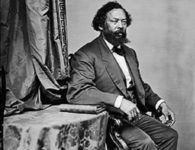
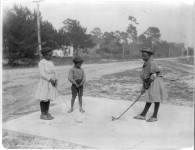

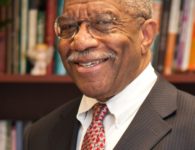
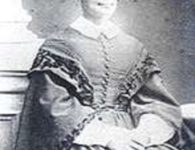
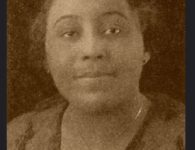
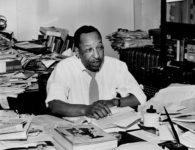

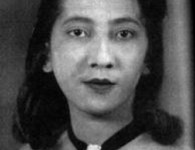

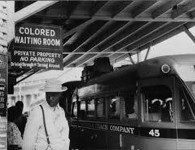





No comments